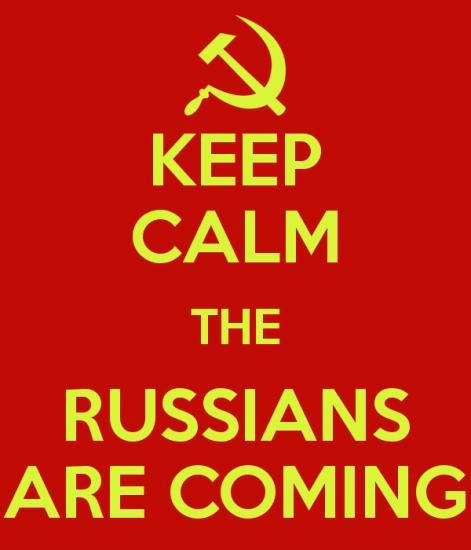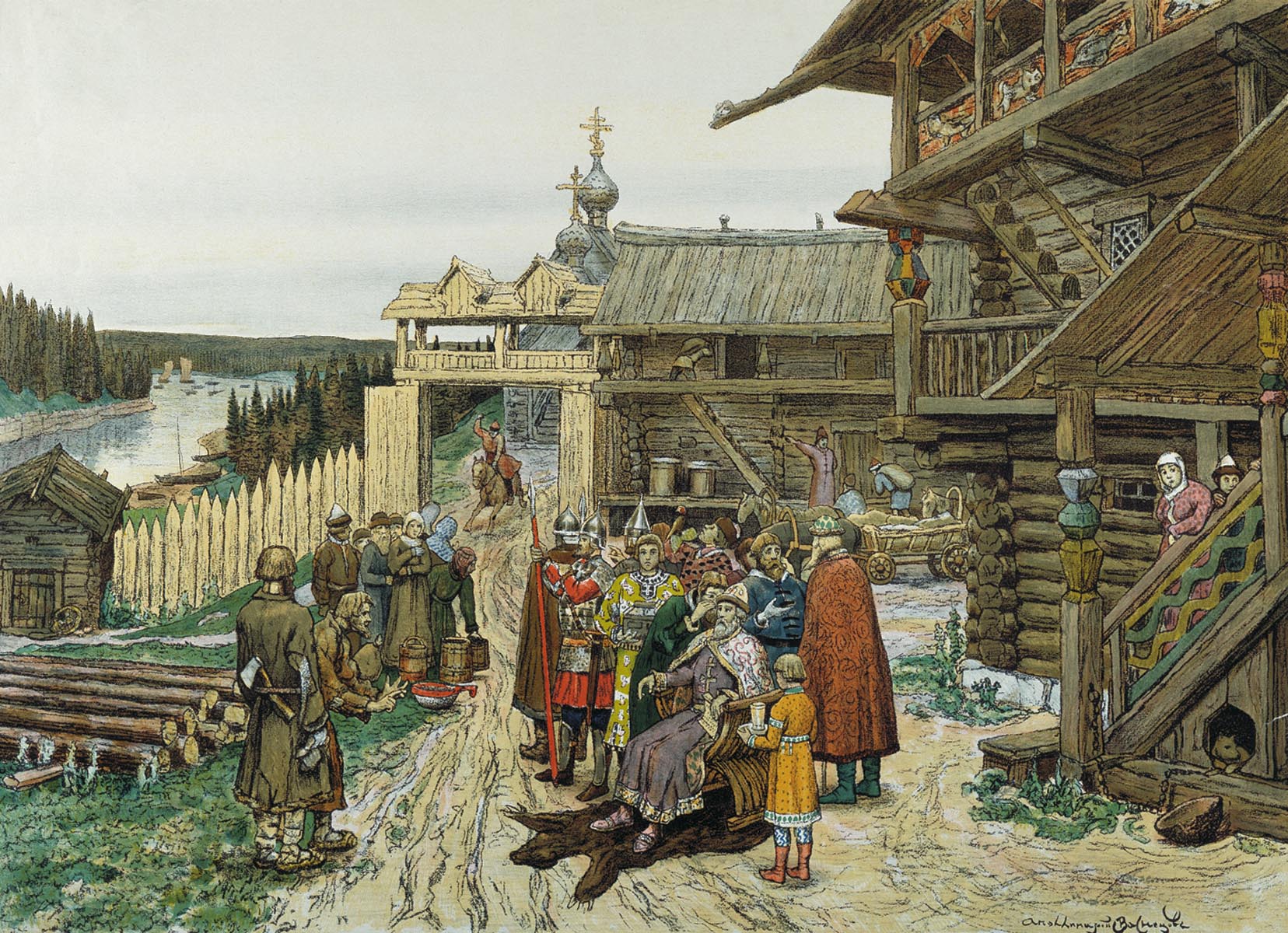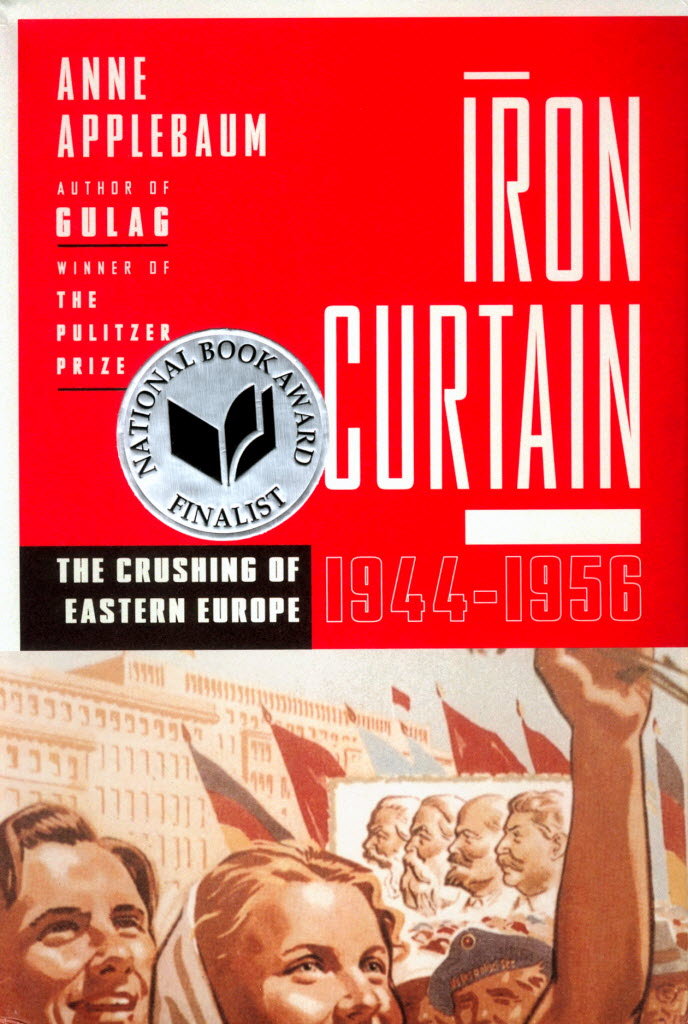 The media campaign attacking Russia is in high gear these days. Russia is accused of cyberwarfare, leaking poor Hillary's emails, and now, of a slick disinformation campaign to undermine poor NATO, our bastion of peace.
The media campaign attacking Russia is in high gear these days. Russia is accused of cyberwarfare, leaking poor Hillary's emails, and now, of a slick disinformation campaign to undermine poor NATO, our bastion of peace.Then there is the traitor Edward Snowden, basking in sunny Moscow. He blew a loud whistle from Hong Kong in 2013, revealing numerous US global surveillance programs, many run by the National Security Agency, implicating telecommunication companies and European governments.
Though he had no desire to defect to Russia (and the Russians were reluctant to take him), he was denied his US passport, marooned in Moscow, and pleaded political asylum. What was poor Russia to do?
Who planted the seed of discord?
Bush Sr and friends smiled and plied Yeltsin with vodka in the 1990s, assuring him that NATO would never dream of expanding eastward, that Russia would now be the West's best friend, that together, they would bring peace and joy to the world. They even signed a scrap of paper in 1997 solemnly avowing this.

 Russia has always fascinated me—the stern heroes who defended Muscovy against the Golden Horde, the ornate and mysterious orthodox faith, the vast spaces, the remarkable learning and philosophy, the Bolshevik Revolution against imperialism... It’s clear the West has always been jealous of a race of genius, highly deserving respect.
Russia has always fascinated me—the stern heroes who defended Muscovy against the Golden Horde, the ornate and mysterious orthodox faith, the vast spaces, the remarkable learning and philosophy, the Bolshevik Revolution against imperialism... It’s clear the West has always been jealous of a race of genius, highly deserving respect.
 US plans for Egypt and Ukraine are falling apart and Russia is scrambling to pick up the pieces.
US plans for Egypt and Ukraine are falling apart and Russia is scrambling to pick up the pieces.  In the days of the Russian empire, Russia’s relations with the Islamic world were very different from the West’s, being defined by Russia’s own imperial expansionist logic. The Kazan khanate was already conquered by Russia by the sixteenth century. With the decline of the Safavid dynasty in Persia in the eighteenth century, Russia was able to easily move in and occupy Azerbaijan, Dagestan, the Kazakh steppe, and finally Turkestan (present-day Uzbekistan, Turkmenistan, Kyrgyzstan and Tajikistan). Crimea was seized from the Ottomans at that time as well. The Caucasus tribes were more resistant, and it was not till the mid-nineteenth century that they were quelled.
In the days of the Russian empire, Russia’s relations with the Islamic world were very different from the West’s, being defined by Russia’s own imperial expansionist logic. The Kazan khanate was already conquered by Russia by the sixteenth century. With the decline of the Safavid dynasty in Persia in the eighteenth century, Russia was able to easily move in and occupy Azerbaijan, Dagestan, the Kazakh steppe, and finally Turkestan (present-day Uzbekistan, Turkmenistan, Kyrgyzstan and Tajikistan). Crimea was seized from the Ottomans at that time as well. The Caucasus tribes were more resistant, and it was not till the mid-nineteenth century that they were quelled. Review of Anne Applebaum, Iron Curtain: The Crushing of Eastern Europe 1944-1956, USA: Doubleday, 2012.
Review of Anne Applebaum, Iron Curtain: The Crushing of Eastern Europe 1944-1956, USA: Doubleday, 2012.



